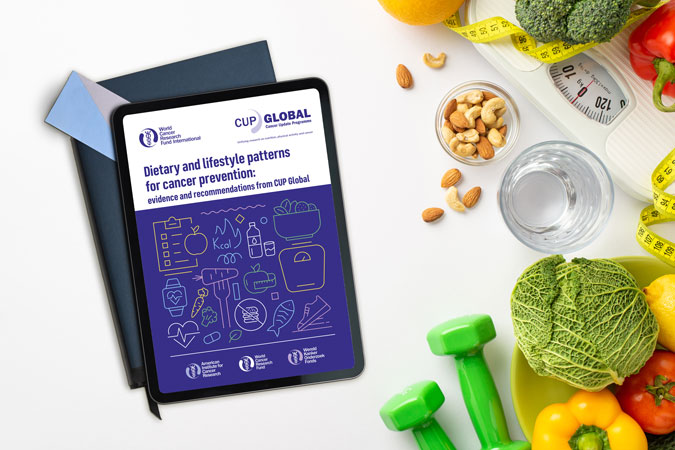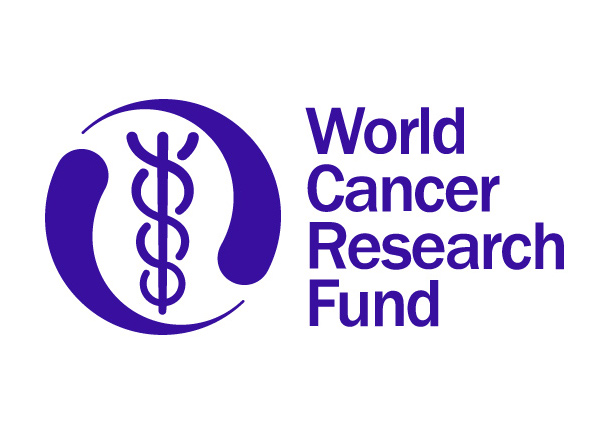Scientific abstract
Background
Several in vivo and in vitro studies as well as ecological studies have suggested that vitamin D may protect against pancreatic cancer. Analytical epidemiological studies, however, show conflicting results.
Methods
We examined the association between pre-diagnostic circulating concentrations as well as dietary intake of vitamin D and the incidence of pancreatic cancer in European populations. We conducted a pooled nested case-control study within the European Prospective Investigation into Cancer and Nutrition (EPIC) and the Helseundersokelsen I Nord-Trondelag (HUNT) cohorts.
A total of 737 cases with first primary incident pancreatic cancer were matched to 737 controls by age, gender, center, date & time of blood collection, fasting status, and hormone use. Pre-diagnostic vitamin D (25(OH)D) concentrations in serum were determined using isotope-dilution liquid chromatography (LC)-tandem mass spectrometry (MS/MS). Vitamin D intake and other dietary and lifestyle data were obtained with questionnaires.
Conditional logistic regression models with adjustments for potential confounders (body mass index and smoking habits) were used to estimate incident rate ratios (IRRs) and 95% confidence intervals (95%CI).
Results
Compared with pre-defined mid-level concentrations of 25(OH)D (50.1-75.0 nmol/L), lower levels showed lower estimates (≤25.0 nmol/L: RR 0.71 (95% CI 0.42-1.20); 25.1-50.0 nmol/L: 0.94 (0.72-1.22)), whereas higher levels showed higher estimates (75.1-100.0 nmol/L: 1.11 (0.82-1.52); >100.0 nmol/L: 1.28 (0.80- 2.05), respectively) of pancreatic cancer risk (p for trend = 0.08). In analyses by quintiles of standardized 25(OH)D concentrations or vitamin D intake, no associations with pancreatic cancer risk were observed (p for trend = 0.24 for concentrations and 0.48 for dietary intake of vitamin D).
Conclusions
These findings among participants from the largest European study to date do not show an inverse association between either pre-diagnostic concentrations or dietary intake of vitamin D and pancreatic cancer risk.
Plain language abstract
Hypothesis
The hypothesis of the current study was that vitamin D concentrations as well as dietary vitamin D intake are associated with subsequent pancreatic cancer risk. The direction of these associations, however, is unclear.
Background
Pancreatic cancer is not very common, but it is an aggressive disease, which few people survive. It is therefore needed to determine modifiable risk factors. Except for smoking, family history, pancreatitis, diabetes and obesity, little is known about factors that influence the development of pancreatic cancer.
Studies on vitamin D in relation to pancreatic cancer risk have been inconclusive: some studies have suggested that vitamin D may protect against pancreatic cancer, whereas other studies observed the opposite or did not show any association. As hardly any of these studies were performed in Europe, we examined the association between blood concentrations as well as dietary intake of vitamin D and the risk of pancreatic cancer in European populations.
Methods
This project was conducted in two European studies: the EPIC and HUNT studies. The EPIC study exists of more than 500,000 participants from 10 European countries. They filled out dietary and lifestyle questionnaires and donated a blood sample between 1992 and 2000. The HUNT study exists of 66,140 individuals from the Nordic county Nord-Trondelag, who were approached between 1995 and 1997. These participants filled out extensive medical and lifestyle questionnaires and donated a blood sample.
In both studies, participants were followed over time for the occurrence of pancreatic cancer through national cancer registries. At the start of this project, 625 participants from EPIC and 112 participants from HUNT were diagnosed with pancreatic cancer. These participants were matched to participants who were cancer-free, who were of similar age, gender, study center, and who donated blood at a similar date and time. Blood concentrations of vitamin D were determined in blood samples from these 737 pancreatic cancer patients and their 737 controls. Afterwards, these blood concentrations as well as the dietary intake of vitamin D was compared between these patients and their controls.
Key findings
Among participants from the largest European study to date, higher concentrations and higher dietary intake of vitamin D are not associated with a lower risk of pancreatic cancer. If any, a potential higher risk was observed.
More research is needed on the molecular mechanisms by which vitamin D may influence pancreatic carcinogenesis. Until there is a better biological understanding of this mechanism, caution is warranted before guidelines to increase vitamin D concentrations in healthy persons for the prevention of cancer can be recommended.



